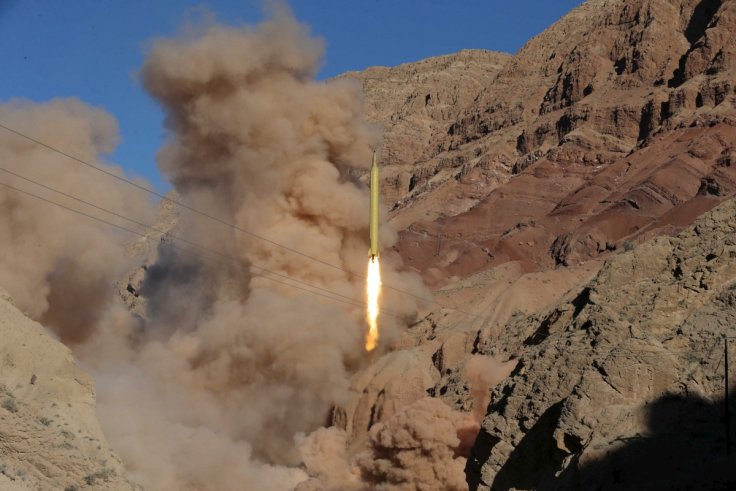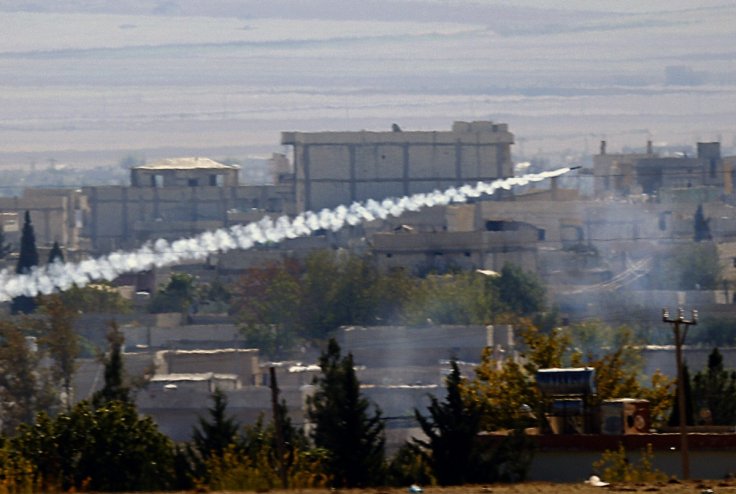The US military launched airstrikes against Iran-backed targets in eastern Syria on Thursday, in what marked the first military action under President Joe Biden. The strikes in Syria were a response to the recent rocket attacks against US targets in Iraq, sources told news agencies.
It's not clear if there have been deaths or injuries in the attacks. The Pentagon has not released details about the extent of damage caused by the airstrikes. However the US defence headquarters said the strikes targeted multiple facilities at a border control point used by Iranian-backed militant groups, such as Kata'ib Hezbollah (KH) and Kata'ib Sayyid al-Shuhada (KSS).

In a major escalation in Middle East tensions in recent weeks, foreign troops stationed in Iraq's Irbil were targeted with rocket fire on February 15, killing at least one personnel and injuring five more. The troops from the US and allies are stationed in Irbil as part of international efforts to fight Islamic State (Isis) terrorists At least three rockets were fired targeting Baghdad's airport, AFP reported. The attack in Irbil was deadliest strike at US forces in a year.
"At President (Joe) Biden's direction, U.S. military forces earlier this evening conducted airstrikes against infrastructure utilized by Iranian-backed militant groups in eastern Syria. President Biden will act to protect American and Coalition personnel. At the same time, we have acted in a deliberate manner that aims to de-escalate the overall situation in both eastern Syria and Iraq," Pentagon spokesman John Kirby said in a statement.
The target of the Irbil attack was the base housing US troops, but the dead personnel was a foreign civilian contractor. One U.S. service member was injured in the attack, officials in the semi-autonomous Kurdistan Region said. Militant group Saraya Awliya al-Dam claimed responsibility for the attack.

The US response to the attack was awaited though it was not clear how exactly would the new administration handle the escalation in Iraq. Analysts noted that by choosing to hit the terror targets in Syria, the Biden administration chose not to unsettle the Iraqi government. Former President Trump had said near the end of his tenure that any loss of US life in Iraq due to attacks by Iran and its proxies in the region would trigger severe reprisals from the US.
In January last year, Iran fired more than a dozen ballistic missiles at two United States military bases in Iraq. The strikes followed the death of more than 35 people during a stampede at the funeral of top Quds Force commander Qasem Soleimani, who was killed by the US drone strike in Baghdad last week.









